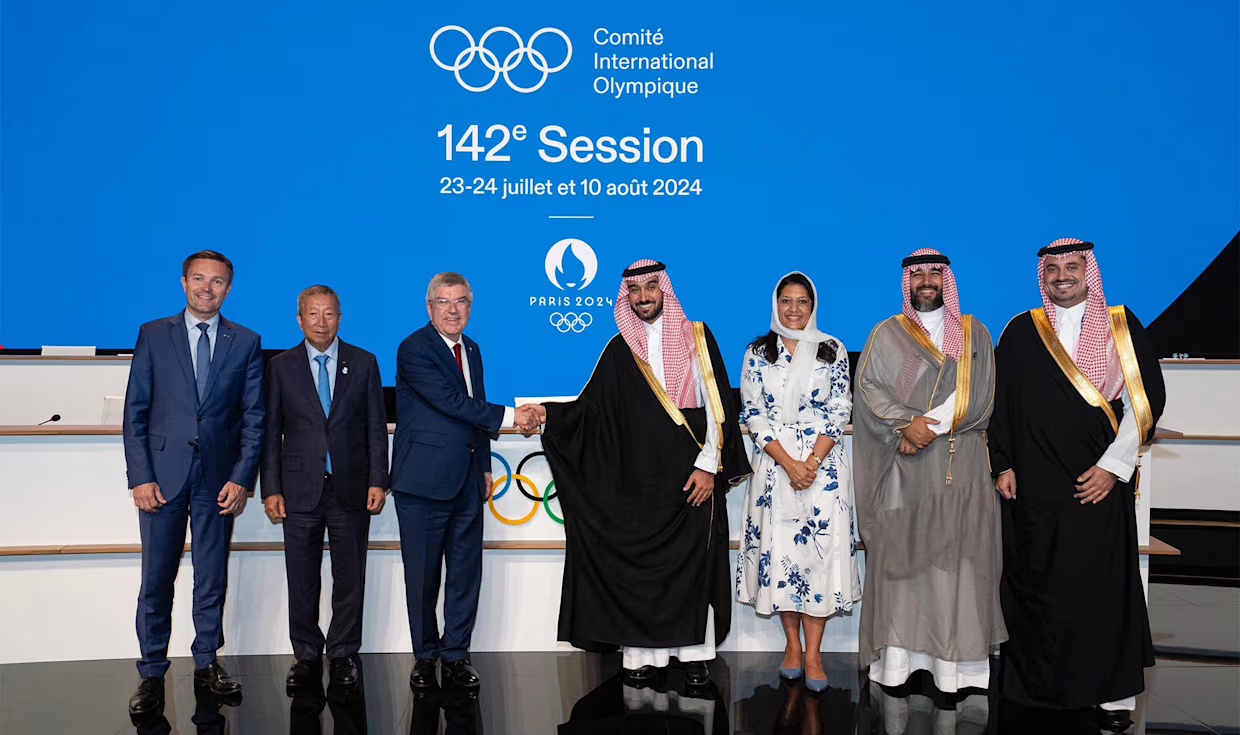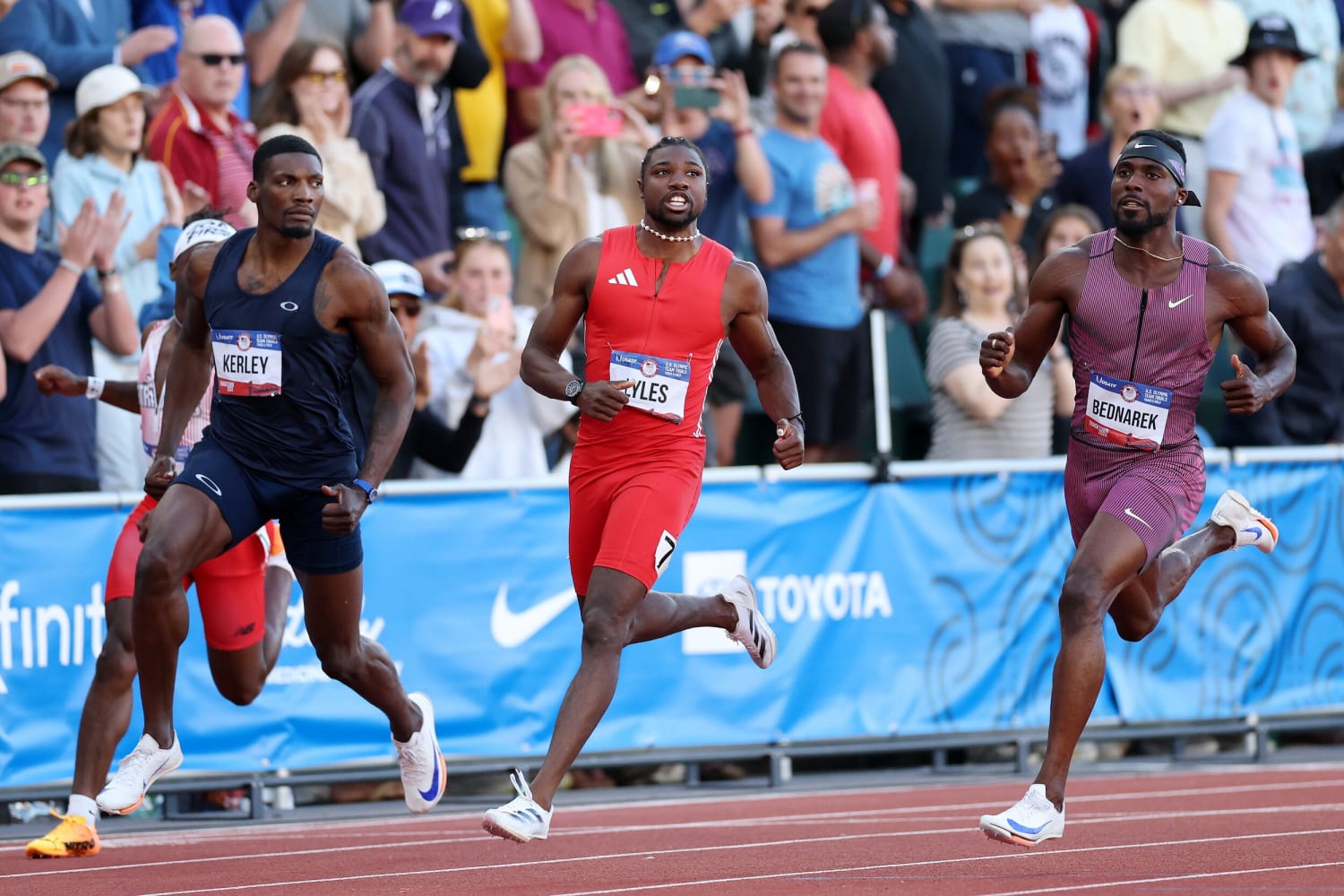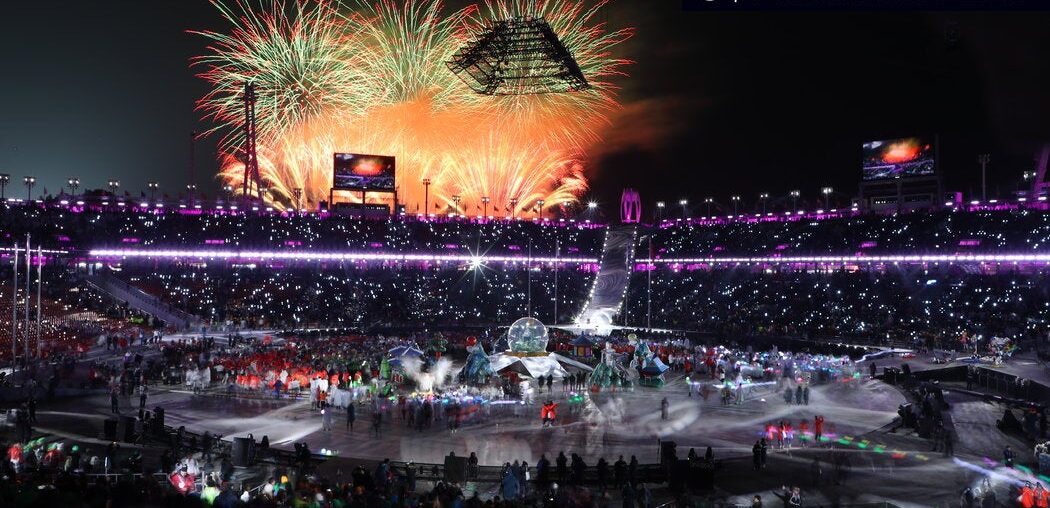A Historic Leap for Esports
The International Olympic Committee (IOC) made waves in July 2024 when it unanimously voted to launch the Olympic Esports Games, initially set for 2025 in Saudi Arabia. However, recent updates indicate the event has been postponed to 2027, giving organizers more time to refine this groundbreaking initiative. This move marks a pivotal moment for competitive gaming, blending the prestige of the Olympics with the explosive growth of esports. As a lifelong gamer who’s spent countless hours strategizing in League of Legends late into the night, I can’t help but feel a surge of excitement imagining my favorite titles on an Olympic stage.
Why Esports in the Olympics Matters
The inclusion of esports in the Olympic framework isn’t just a nod to gamers—it’s a seismic shift in how the world views competitive gaming. The IOC’s decision reflects the global rise of esports, with over 3 billion gamers worldwide and a market projected to hit $2.39 billion by the end of 2024. This event aims to bridge traditional sports and digital competition, appealing to younger audiences who live and breathe gaming. It’s like watching your favorite hobby get a gold medal of legitimacy.
A Response to a Digital Revolution
The IOC has been flirting with esports since 2018, starting with events like the Intel Esports Masters at the 2018 PyeongChang Winter Olympics. The 2021 Olympic Virtual Series and the 2023 Olympic Esports Week in Singapore proved the concept’s viability. These steps showed the IOC’s commitment to embracing the “digital revolution,” as IOC President Thomas Bach called it, ensuring the Olympics remain relevant in a tech-driven world.
Saudi Arabia’s Role as Host
Saudi Arabia, with its Vision 2030 initiative, is positioning itself as a global hub for esports. With 67% of its population identifying as gamers and over 23 million players (nearly half female), the Kingdom is a natural fit to host. The 12-year partnership with the Saudi Olympic and Paralympic Committee (SOPC) ensures the Games will be a recurring event, promising long-term growth for esports on a global stage.
The Journey to 2027: Why the Delay?
Originally slated for 2025, the Olympic Esports Games were postponed to 2027, likely to November, due to logistical and organizational challenges. Planning an event of this scale in under 18 months was ambitious, and issues like game selection, intellectual property licensing, and a unique financial model needed more time. As someone who’s organized local gaming tournaments, I know firsthand how tricky it is to align schedules, secure venues, and keep everyone happy—multiply that by a global scale, and the delay makes sense.
Challenges in Game Selection
Unlike traditional sports, esports face unique hurdles. Video games are owned by publishers, not governed by a single international federation, complicating licensing agreements. The IOC must negotiate with companies like Riot Games or Epic Games, who control titles like League of Legends and Fortnite. The volatility of game popularity—where a title might dominate today but fade tomorrow—adds another layer of complexity.
Avoiding Violent Games
The IOC has been clear: games like Counter-Strike or Call of Duty won’t make the cut due to their violent content, which clashes with Olympic values of peace and respect. This decision sparked debates, especially since sports like boxing are inherently physical. Still, the IOC is prioritizing titles that align with its ethos, like sports simulations or strategy games.
What Games Will We See in 2027?
While the official lineup for 2027 remains under wraps, the 2023 Olympic Esports Week in Singapore offers clues. That event featured games tied to traditional Olympic sports, and the IOC is likely to follow a similar approach to appeal to a broad audience.
Confirmed and Potential Games
Based on past events and industry buzz, here’s a look at likely contenders for the 2027 Olympic Esports Games:
- Tic Tac Bow (Archery): A mobile game simulating archery with simple, accessible mechanics.
- WBSC eBASEBALL™: POWER PROS (Baseball): A stylized baseball sim popular in Japan.
- Chess.com (Chess): A digital take on the classic strategy game, appealing to all ages.
- Zwift (Cycling): A virtual cycling platform blending fitness and competition.
- Just Dance (Dance): A motion-based dance game that’s family-friendly and fun.
- Gran Turismo (Motorsport): A hyper-realistic racing sim with a global fanbase.
- Virtual Regatta (Sailing): A strategic sailing game with a niche but dedicated community.
- Tennis Clash (Tennis): A mobile tennis game with fast-paced, competitive gameplay.
- Rocket League: A soccer-meets-cars game that’s a strong candidate for inclusion.
- Street Fighter 6: A fighting game with a competitive legacy, likely to return after its 2023 exhibition.
- NBA 2K: A basketball sim that could draw huge crowds, especially in the U.S.
Games Unlikely to Appear
Violent titles are off the table, so don’t expect:
Comparison: Olympic Esports vs. Traditional Esports
| Aspect | Olympic Esports Games | Traditional Esports Tournaments |
|---|---|---|
| Game Selection | Curated, non-violent, tied to Olympic sports | Wide range, including FPS and MOBA titles |
| Audience | Broad, family-friendly, global Olympic fans | Core gamers, niche communities |
| Rewards | Gold, silver, bronze trophies | Cash prizes, sponsorships |
| Frequency | Biennial (every two years) | Annual or multiple events per year |
| Governance | IOC and national committees | Game publishers and esports organizations |
The Road to Qualification
The “Road to the Games” begins in 2025, with qualification pathways being developed by the IOC and the Esports World Cup Foundation (EWCF). Unlike traditional Olympics, where athletes qualify through national trials, esports qualification will likely involve global online tournaments and regional events. The IOC is working with international federations and game publishers to ensure fair and inclusive access for players worldwide.
Who Can Compete?
- Professional Players: Expect top-tier talent like Jared Montgomery (USA) or Shoma Mori (Japan), known for dominating global tournaments.
- Amateurs: The IOC aims to include both pros and amateurs, opening doors for rising stars.
- National Teams: Rumors suggest a team-based format, with countries fielding squads for games like Fortnite.
- Diversity Focus: The IOC emphasizes gender equality, with nearly half of Saudi Arabia’s gamers being female, setting the stage for inclusive competition.
How to Watch the Olympic Esports Games
Can’t make it to Riyadh? No worries—the IOC plans to make the 2027 Games accessible to a global audience. Here’s how you can catch the action:
- Official Channels: Streams on Olympics.com, YouTube, and social media platforms like X, Instagram, and TikTok.
- Live Streaming Platforms: Twitch and YouTube will likely host major matches, with top gaming channels covering the event.
- International Broadcasters: Sports networks like ESPN or BBC may air key moments on TV and online.
For the best experience, ensure you have a high-speed internet connection to avoid lag during live streams. A good gaming headset or controller can also enhance your viewing, especially for mobile-based titles like Tennis Clash.
Best Tools for Watching and Engaging
To fully immerse yourself in the Olympic Esports Games, consider these tools:
- Streaming Platforms: Twitch (free) or YouTube Premium (ad-free streaming).
- Gaming Monitors: Acer Predator XB3 for crisp visuals and low latency.
- Mobile Accessories: Razer Kishi controller for mobile gaming and viewing.
- Internet Plans: Opt for fiber-optic plans (e.g., Verizon Fios) for lag-free streaming.
Pros and Cons of Watching Online
Pros:
- Accessible from anywhere with an internet connection.
- Multiple camera angles and live commentary enhance the experience.
- Free streams on platforms like Twitch and YouTube.
Cons: - Potential for buffering with slower internet.
- Time zone differences may require staying up late.
- Limited interaction compared to in-person events.
The Impact of the Olympic Esports Games
The Olympic Esports Games are more than a competition—they’re a cultural milestone. By blending the Olympic brand with esports, the IOC is tapping into a trillion-dollar industry expected to grow at 11.6% annually through 2032. This event could redefine how we view athletes, with digital competitors earning the same respect as sprinters or swimmers. As someone who’s cheered for underdog teams in Rocket League, I can’t wait to see new heroes emerge on this global stage.
Economic Opportunities
The Games will attract sponsors, from tech giants like Acer to gaming brands like Razer. Broadcasting rights and advertising deals will also inject revenue into the esports ecosystem, benefiting players, teams, and organizers. Saudi Arabia’s investment in esports, part of its Vision 2030, underscores the economic potential, with over 100 international events already hosted in the Kingdom.
Cultural Significance
Esports’ inclusion in the Olympics validates gaming as a legitimate pursuit. It’s a win for the kid who was told to “stop playing video games” and a nod to the millions who see gaming as a lifestyle. The event also promotes gender equality and youth engagement, aligning with Olympic values while embracing a digital-first audience.
Challenges and Controversies
No major event is without hiccups, and the Olympic Esports Games face their share. The delay to 2027 raised eyebrows, with some pointing to “esportswashing” concerns tied to Saudi Arabia’s human rights record. The IOC has countered by emphasizing its commitment to inclusivity and fairness, ensuring no discrimination based on gender or sexuality. Still, the debate lingers, and it’s something I’ve wrestled with as a gamer who loves the sport but cares about ethics.
Intellectual Property Hurdles
Esports’ reliance on third-party IP means the IOC must navigate complex licensing agreements. Publishers like Riot Games or Capcom could refuse inclusion or demand steep fees, complicating game selection. This issue likely contributed to the delay, as organizers work to secure the right titles.
Balancing Tradition and Innovation
The IOC’s exclusion of violent games has sparked criticism from fans of titles like Valorant. While I understand the need to align with Olympic values, I wonder if games like boxing or wrestling set a precedent for reevaluating this stance. The challenge is finding a balance that satisfies both traditionalists and hardcore gamers.
People Also Ask (PAA)
Here are answers to common questions about the Olympic Esports Games, sourced from real user queries on Google:
What games will be in the Olympic Esports Games 2027?
While the official lineup is pending, expect titles like Rocket League, Street Fighter 6, and NBA 2K, alongside sports sims like Gran Turismo and Tennis Clash. Violent games like Counter-Strike are unlikely due to IOC restrictions.
Where can I watch the Olympic Esports Games?
Streams will be available on Olympics.com, YouTube, Twitch, and social media platforms like X and TikTok. International broadcasters may also air key matches.
Who can participate in the Olympic Esports Games?
Both professional and amateur players can compete, with qualification pathways starting in 2025. National teams may represent countries, emphasizing inclusivity and diversity.
Why was the Olympic Esports Games delayed to 2027?
The delay stems from logistical challenges, including game selection, IP licensing, and establishing a unique financial model. The packed esports calendar and 2026 Winter Olympics also influenced the decision.
FAQ
Q: How is the Olympic Esports Games different from the traditional Olympics?
A: The Esports Games focus on virtual competitions, with trophies instead of medals, and are held biennially in a single city (Riyadh in 2027). They target younger audiences and exclude violent games.
Q: Can anyone compete in the Olympic Esports Games?
A: Yes, both pros and amateurs can qualify through global tournaments starting in 2025. The IOC aims for inclusivity, with a focus on gender equality.
Q: Why is Saudi Arabia hosting the Games?
A: Saudi Arabia’s Vision 2030 initiative and its 23 million gamers make it a natural hub. The 12-year partnership with the IOC ensures long-term commitment.
Q: Will violent games ever be included?
A: Unlikely, as the IOC prioritizes non-violent titles to align with Olympic values. Games like Fortnite may appear in modified formats, as seen in 2023.
Q: Where can I find updates on the Olympic Esports Games?
A: Follow Olympics.com, the IOC’s X account (@iocmedia), or esports news sites like Esports Insider for the latest details.
Conclusion: A Game-Changing Moment
The Olympic Esports Games in 2027 will redefine competitive gaming, blending the prestige of the Olympics with the passion of esports. As a gamer, I’m thrilled to see my world get the global stage it deserves, even if the wait feels like an eternity. From Rocket League showdowns to Street Fighter battles, this event promises to captivate millions while opening doors for new talent. Whether you’re a player, a fan, or just curious, the Olympic Esports Games are set to make history. Get your setup ready, mark your calendar, and let’s game on
For more details, visit Olympics.com or follow the IOC on X.



